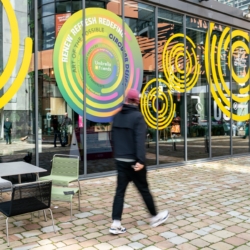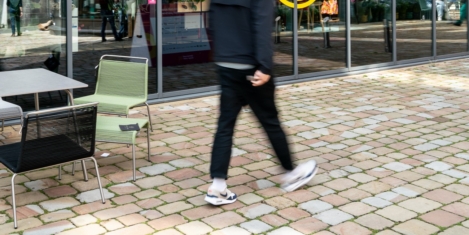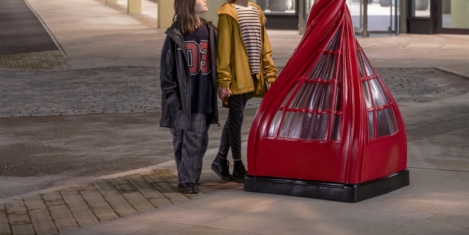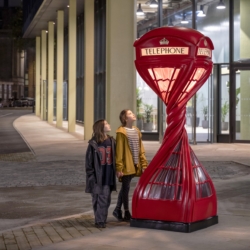To provide the best experiences, we use technologies like cookies to store and/or access device information. Consenting to these technologies will allow us to process data such as browsing behaviour or unique IDs on this site. Not consenting or withdrawing consent, may adversely affect certain features and functions.
The technical storage or access is strictly necessary for the legitimate purpose of enabling the use of a specific service explicitly requested by the subscriber or user, or for the sole purpose of carrying out the transmission of a communication over an electronic communications network.
The technical storage or access is necessary for the legitimate purpose of storing preferences that are not requested by the subscriber or user.
The technical storage or access that is used exclusively for statistical purposes.
The technical storage or access that is used exclusively for anonymous statistical purposes. Without a subpoena, voluntary compliance on the part of your Internet Service Provider, or additional records from a third party, information stored or retrieved for this purpose alone cannot usually be used to identify you.
The technical storage or access is required to create user profiles to send advertising, or to track the user on a website or across several websites for similar marketing purposes.
 The weather over the last few weeks has been unseasonably pleasant in the UK. Everybody involved in Clerkenwell Design Week will be hoping that continues. It’s a must-see event whatever the weather but there’s no doubt that last year’s show wasn’t helped by the downfall of rain on at least one day. As the currently bone-dry streets of Clerkenwell prepare to welcome thousands of design enthusiasts, architects, makers and curious minds from across the globe, Clerkenwell Design Week 2025 promises to be one of the best yet. (more…)
The weather over the last few weeks has been unseasonably pleasant in the UK. Everybody involved in Clerkenwell Design Week will be hoping that continues. It’s a must-see event whatever the weather but there’s no doubt that last year’s show wasn’t helped by the downfall of rain on at least one day. As the currently bone-dry streets of Clerkenwell prepare to welcome thousands of design enthusiasts, architects, makers and curious minds from across the globe, Clerkenwell Design Week 2025 promises to be one of the best yet. (more…)

































April 30, 2025
Co-working spaces bring a whole range of benefits for employees and communities
by Mariachiara Barzotto • Comment, Flexible working, Property, Workplace design